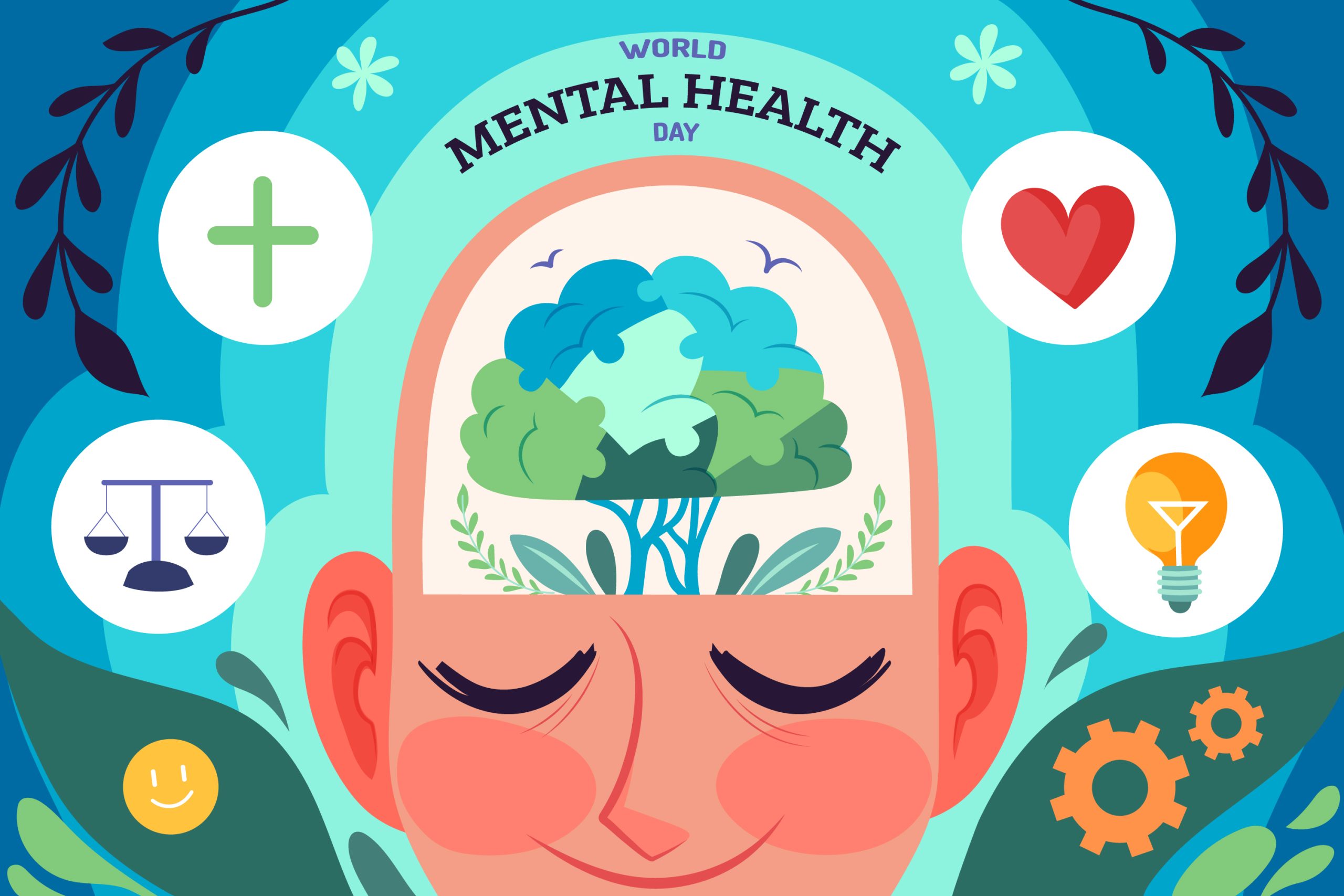In recent years, gut health has surged to the forefront of medical and wellness research, revealing that our digestive system is far more than just a food processor. The gut microbiome — the complex ecosystem of trillions of bacteria, viruses, fungi, and other microbes living in our digestive tract — plays a crucial role in immunity, mental health, metabolism, and overall wellbeing.
This article explores the latest gut health breakthroughs of 2025, the emerging science behind them, and practical tips for improving your gut health naturally. Whether you’re struggling with digestion, autoimmune symptoms, or just want to optimize your wellness, understanding your gut is key.
What Is the Gut Microbiome?
The human gut houses around 100 trillion microorganisms, collectively known as the microbiome. These microbes influence digestion, protect against pathogens, produce vitamins, and communicate with the brain through the gut-brain axis.
SEO Keywords: gut microbiome, gut bacteria, gut health 2025, microbiome diversity
Why Gut Health Matters More Than Ever
Poor gut health is linked to a wide range of conditions including:
- Digestive issues: IBS, bloating, constipation, diarrhea
- Metabolic disorders: obesity, type 2 diabetes
- Immune dysfunction: allergies, autoimmune diseases
- Mental health: depression, anxiety, brain fog
Recent studies suggest the microbiome may also influence cardiovascular health, cancer risk, and aging.
Breakthrough #1: Personalized Probiotics and Microbiome Testing
Generic probiotics are giving way to personalized gut care.
Microbiome Sequencing
Advanced DNA sequencing now allows for detailed analysis of your gut bacteria, identifying beneficial and harmful strains.
Tailored Probiotic Therapies
Companies offer customized probiotic blends based on your unique microbiome profile, increasing effectiveness.
Example: Viome and uBiome (now acquired) led the charge in microbiome testing with AI-driven dietary recommendations.
SEO Keywords: personalized probiotics, microbiome testing, gut bacteria analysis
Breakthrough #2: Postbiotics — The Next Generation of Gut Health
Postbiotics are the metabolic byproducts of probiotics — such as short-chain fatty acids (SCFAs) like butyrate — which directly support gut lining integrity and immune function.
Unlike probiotics, postbiotics don’t require live bacteria, making them more stable and easier to deliver in supplements or foods.
Breakthrough #3: The Gut-Brain Axis and Mental Health
Research confirms a strong connection between gut bacteria and brain health via the gut-brain axis.
Psychobiotics
Certain probiotic strains (like Lactobacillus rhamnosus and Bifidobacterium longum) produce neurotransmitters such as GABA and serotonin, impacting mood and anxiety.
Clinical trials show potential for probiotics to alleviate depression and anxiety symptoms as adjunct therapies.
SEO Keywords: gut brain axis, psychobiotics, probiotics mental health
Breakthrough #4: Fecal Microbiota Transplantation (FMT)
FMT, the process of transferring stool from a healthy donor to a patient, is emerging as a treatment for severe gut disorders like recurrent Clostridioides difficile infection and even shows promise in autoimmune diseases and metabolic syndrome.
Research is ongoing to refine FMT techniques and identify optimal donor profiles.
Breakthrough #5: Diet and Prebiotics — Feeding Your Microbiome
Diet remains the single most powerful factor shaping the gut microbiome.
Prebiotics
Prebiotics are non-digestible fibers that feed beneficial bacteria. Foods rich in prebiotics include garlic, onions, asparagus, bananas, and chicory root.
Fermented foods like kimchi, sauerkraut, and kefir also boost microbiome diversity.
Emerging Research: Gut Microbiome and Immunotherapy
Recent trials indicate that a healthy gut microbiome improves response rates to cancer immunotherapy, especially checkpoint inhibitors.
Certain bacterial species enhance immune activation, creating a “gut signature” predictive of therapy success.
How to Improve Your Gut Health Naturally
1. Eat a Diverse, Fiber-Rich Diet
Aim for 30+ grams of fiber daily from fruits, vegetables, nuts, and whole grains.
2. Include Fermented Foods
Incorporate yogurt, kimchi, kombucha, and miso regularly.
3. Avoid Overuse of Antibiotics
Antibiotics disrupt microbiome balance; only take when necessary and under supervision.
4. Manage Stress
Stress alters gut motility and microbiota composition.
5. Get Adequate Sleep
Sleep deprivation negatively impacts gut microbial diversity.
Future Directions: AI and Machine Learning in Gut Health
AI algorithms are accelerating microbiome research by analyzing massive datasets, predicting disease risk, and optimizing interventions.
Companies are developing smart supplements and digital health tools to monitor and improve gut health in real time.
The Role of Supplements in Gut Health
- Probiotics: Choose multi-strain, clinically studied products.
- Postbiotics: Emerging supplements delivering SCFAs.
- Prebiotics: Inulin and resistant starch supplements.
Gut Health and Weight Management
Gut bacteria influence metabolism, appetite regulation, and fat storage. Personalized microbiome interventions can support sustainable weight loss and prevent obesity.
Special Populations: Gut Health in Children and Seniors
- Children’s microbiome develops in early life; diet and environment shape lifelong health.
- Aging adults experience declining microbiome diversity, impacting immunity and cognition.
Tailored interventions can support health across lifespan.
Controversies and Challenges in Gut Health Research
- Microbiome complexity and variability between individuals
- Difficulty establishing cause-effect relationships
- Regulatory hurdles for probiotic/postbiotic products
SEO Keywords Summary
- gut health breakthroughs 2025
- personalized probiotics and gut testing
- postbiotics benefits
- gut brain axis and mental health
- fecal microbiota transplantation
- microbiome diet and prebiotics
- microbiome and cancer immunotherapy
Conclusion: Your Gut Is the Gateway to Wellness
The rapidly advancing science of gut health holds transformative potential for medicine and everyday wellness. With personalized probiotics, postbiotics, dietary innovations, and emerging therapies like FMT, 2025 marks a watershed moment.
Taking care of your gut microbiome is no longer optional—it’s foundational for vibrant health, mental clarity, and longevity.
5 Unique FAQs About Gut Health Breakthroughs
1. What are the top gut health breakthroughs in 2025?
Personalized probiotics, postbiotics, gut-brain axis research, fecal microbiota transplantation, and diet-driven microbiome modulation.
2. How do postbiotics differ from probiotics?
Postbiotics are metabolic products of probiotics that support gut health without requiring live bacteria.
3. Can gut health affect mental wellbeing?
Yes, via the gut-brain axis, gut microbes influence neurotransmitter production, mood, and anxiety.
4. Is fecal microbiota transplantation safe?
When done under medical supervision, FMT is effective for some gut infections but is still experimental for other conditions.
5. How can I naturally improve my gut microbiome?
Eat a fiber-rich diverse diet, include fermented foods, avoid unnecessary antibiotics, manage stress, and get quality sleep.
The Future of Online Learning



























